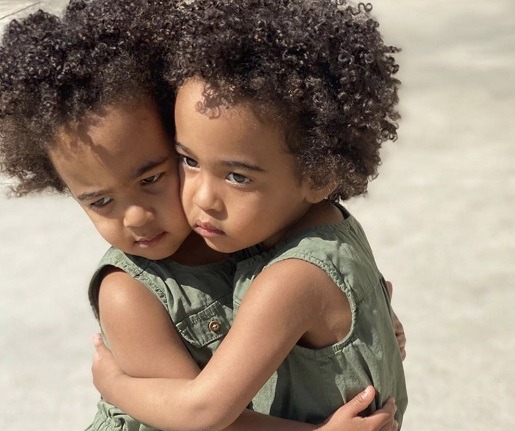Written by: Bren Michelle Chasse, LMFT
Parenting is one of the hardest jobs anyone can ever take on. Although parenting may also be one of the most rewarding roles you fill, the moments of stress that push you to your limits can cause feelings of overwhelm, shame, failure, and even despair. We are currently living in incredibly uncertain times, resulting in many feeling a sense of deep vulnerability that has resulted in behavior rooted in fear and self-preservation. But, being scared, doesn’t mean we have to respond in a scary way and it’s important that we all consider what we are modeling for our children. Now, more than ever, children are looking to the adults in their lives to reassure them that they will be protected and safe in the midst of a world in utter chaos.
Caring for the mental health of your child can be challenging, particularly when circumstances tax your ability to even care for your own mental health. The financial devastation COVID-19 continues to cause makes this even more difficult as many individuals find themselves forced to reduce or terminate supportive services, such as therapy, just to make ends meet. Additionally, many parents find themselves charged with the task of navigating their children’s education, loss of or reduced employment, and feelings of disempowerment due to such a restricted range of movement through an, otherwise, free world.
Parenting your way through a pandemic is no easy task. Just as adults are struggling to adjust to a new way of being, children have the added challenge of making sense of such confusing times based on their developmental age and stage. The following are a few tips to help support your child during this time:
- Develop an achievable and reasonable schedule: Children thrive under structure and routine. It allows them to consistently predict what they can expect to occur next. In a world transformed by chaos and disorder, children will benefit even more from predictability.
- For children expressing pandemic-based fear or anxiety, remind them of the things that are within their control and allow them to protect themselves and the ones they love: washing their hands, social distancing, having compassion toward others that may be struggling.
- Limit children’s access to social media and other media platforms covering COVID-19. Not only does social media expose children to a wide variety of inaccurate information, but the current media coverage is only fueling the fear and panic that already exists.
- Get moving: It’s impossible to be immobilized when you are moving, so engage your children in activities that get their bodies moving! Dance, yoga, or other gross motor activities not only help to get the wiggles out, but also help your child’s nervous system to regulate.
- Have the difficult conversation: Instead of avoiding conversations about COVID-19 or waiting for your child to bring it up, I encourage parents to talk openly with their children. Help your children create a narrative and communicate their feelings about the uncertainty of their world. I have shared two exceptional resources on my website for download to support parents in talking with young children about the current events in an age-appropriate and trauma-informed manner.
- Be future-focused: Trauma has a unique way of narrowing our ability to create new possibilities or perceive a bright future. While children may express that it feels like we might never be allowed to leave our homes again, it’s important to remind children that our current state is temporary. Encourage your child to dream about the future and identify things they are looking forward to when the shelter-in-place order is lifted.
Consider your heart connected to the hearts of your children through an invisible string. This string serves as a lifeline for your child. If we are consumed by fear, anger, and panic, we filter that directly down to our children through that lifeline. But if we effectively contain our own feelings and model for our children empathy, agency, compassion, and grace, then our children will internalize these qualities and their capacity for resilience will grow. In the weeks ahead, as things undoubtably become more challenging for all to navigate, consider the seeds you want to plant within your child’s heart and focus your energy on caring for that heart. Let’s commit to teaching our children they have the great capacity to do hard things!
Photo Credit: Jeneve Kanaventi, Psy.D.

